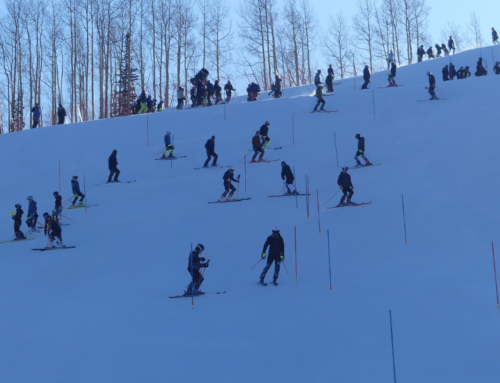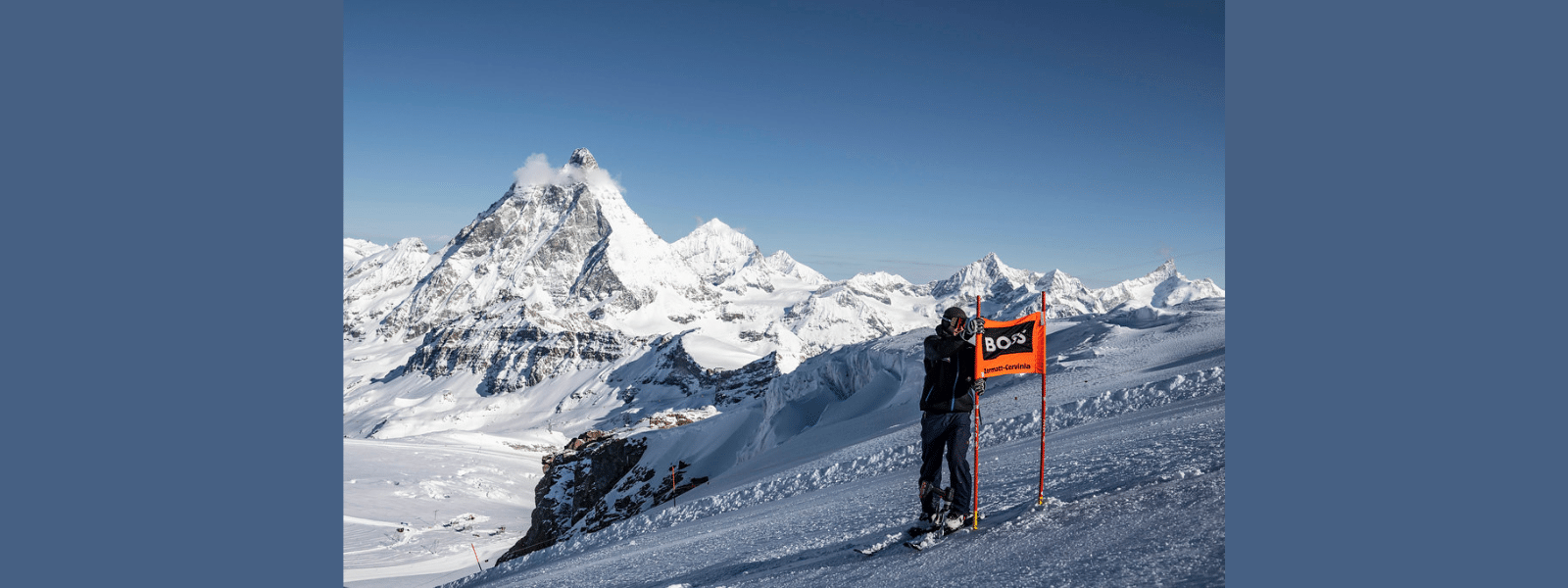McKee's McThoughts: Buddy Werner and Wengen
There is only one American to have won the Lauberhorn combined and he stood out.
He was a boisterous guy, a real All-American cowboy. He was young, 21, and just figuring out the gives and takes of international ski racing. American all the way he wanted more takes than gives, even if meant taming himself a little.
“I’m not so wild now," he said not long after collecting the win. “I want to go as fast as I can and still stand up.”
It was 1958, nearly a decade before the World Cup was conceived, when Buddy Werner won the Lauberhorn.
THERE IS ONLY one American to have won the Lauberhorn combined and he stood out.
He was a boisterous guy, a real All-American cowboy. He was young, 21, and just figuring out the gives and takes of international ski racing. American all the way he wanted more takes than gives, even if meant taming himself a little.
“I’m not so wild now," he said not long after collecting the win. “I want to go as fast as I can and still stand up.”
It was 1958, nearly a decade before the World Cup was conceived, when Buddy Werner won the Lauberhorn.
That win, followed by a fog shrouded-record breaking run at Kitzbühel, shook the very foundation of international ski racing. A Time Magazine article from ’58 quotes coach Othmar Schneider saying, “For the first time, Austrians fear an American skier.”
If that’s true they skipped right over respect and moved on to being intimidated. Mighty big impact.
Prior to those two weekends for Werner at Wengen and Kitzbühel, the U.S. had several skiers who had found success at the international level, and no men. Gretchen Fraser and Andrea Mead Lawrence had Olympic medals. Janette Burr had gained some respect with a medal at the 1954 World Championships and Sally Deaver was a month shy of winning her own championship medal. But this Werner kid was different. He was outplaying the best in the sport on their home turf. He came after the very trophies every European boy dreamed of winning. This guy had skied all summer, had experimented with his technique. This guy, this Werner kid, threatened everything the Europeans knew about their sport.
And that, my friends, is what our current team should be measured against.
Phil Mahre’s 27 wins make a nice benchmark and all, but Mahre was merely distasteful to the European alpine powers. He was disdained like that kid we all knew in grade school who pulled the wings off flies. He was real good at what he did, no denying. But if Mahre diddled with flies Werner was playing with M-80’s and the European family pet. This guy was dangerous.
The sport and its athletes are more sophisticated than in 1958. Half a century will do that. The current crop of World Cup ski racing athlete expects to have to earn its own respect, and finding the edge on the competition is considerably more difficult.
With two guys in the top five of this season’s Lauberhorn combined — and two more in the top five of the slalom, you better believe the Austrians, Swiss, French, Germans — hell, everybody — is paying attention to what the Americans are up to. If it is not fear it could be called concern.
If you don’t think there is respect for Bode Miller, then who are you and what did you do with anybody who enjoys a good ski race? Not to mention Ted Ligety, Steven Nyman, Marco Sullivan and Scott Macartney, who each have podiums this season. Or Lindsey Vonn and Julia Mancuso, the best 1-2 punch the U.S. women’s team has had since Tamara McKinney and Christin Cooper.
It’s a dangerous team. It is more professional than Buddy and has no need of firecrackers. It earns its respect the old fashioned way, with hard work. But there is a bit of Buddy in all of them. There is the attitude that says, “Dude, can you beat this?”
Buddy Werner showed us the way, and we shouldn’t forget it.
Kurt Pittschieler, your first points at Wengen helped get you named to the McThoughts All-Name Team.





















